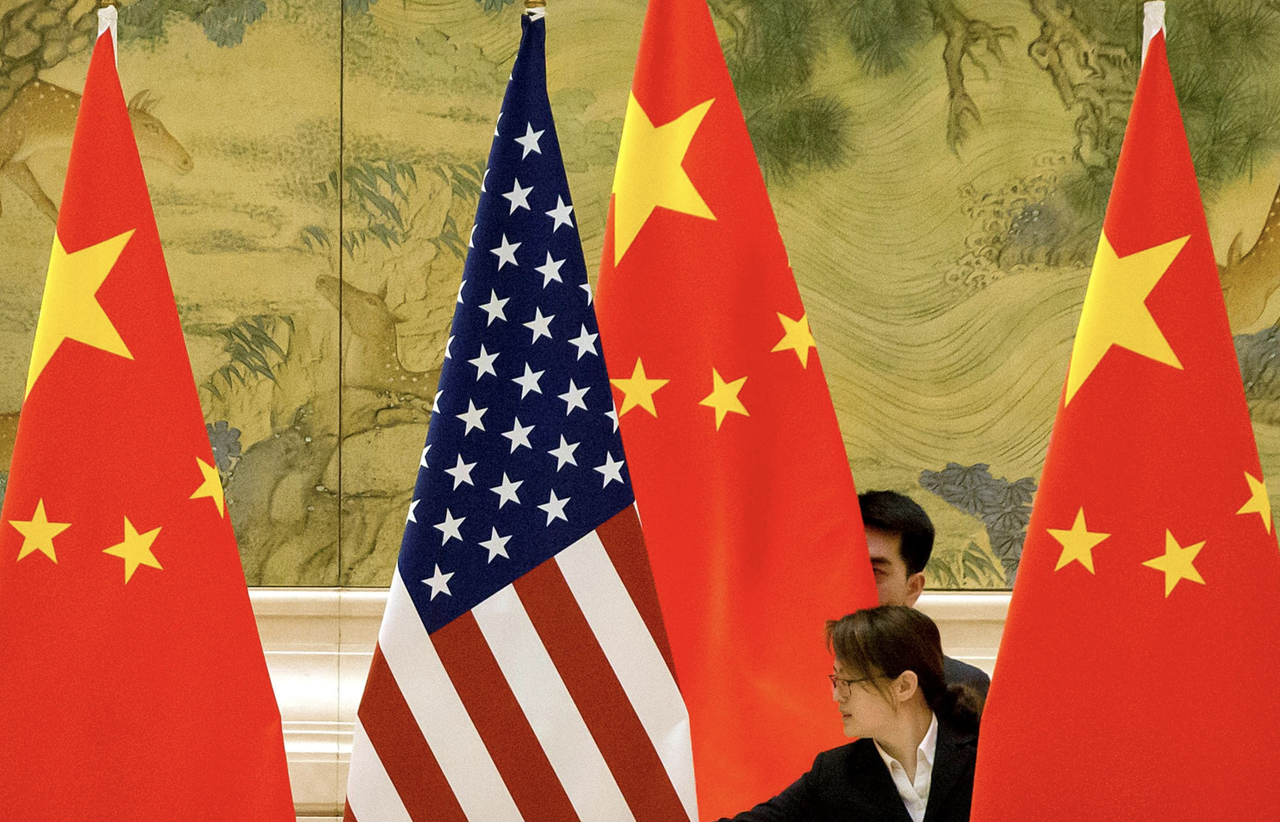We hadn’t heard much on the US-China trade talks in recent days as the Trump administration appeared content to sit back and watch stocks rip to fresh all-time highs. But after Larry Kudlow told a reporter during a public appearance on Tuesday that talks were making progress and that he was “cautiously optimistic” about the prospects for a deal, a flurry of reports out overnight affirmed that the next – and hopefully final – round of negotiations will begin in Beijing next week.
According to Bloomberg, Treasury Secretary Steve Mnuchin and Trade Rep. Robert Lighthizer will travel to Beijing on Tuesday as both sides hope to hammer out a final deal by the end of May.
Talks starting next Tuesday “will cover trade issues including intellectual property, forced technology transfer, non-tariff barriers, agriculture, services, purchases and enforcement,” the White House said in a statement.
Answering a question from a reporter during an appearance at the National Press Club, Kudlow said the final deal would be more sweeping in scope than “anything in the history of US-China trade.”
“We’re not there yet, but we’ve made a heck of a lot of progress,” Kudlow said.
“We’ve come further and deeper, broader, larger-scale than anything in the history of U.S.-China trade.”
“We’ve gotten closer and we’re still working on the issues, so-called structural issues, technology transfers,” Kudlow added. “Ownership enforcement is absolutely crucial. Lowering barriers to buy and sell agriculture and industrial commodities. It’s all on the table.”
The following week, Chinese officials led by Vice Premier Liu He will travel to Washington for discussions set to begin on May 8. By the end of that week, officials on both sides reportedly hope to have a deal in hand that could potentially be signed in Japan later in May during President Trump’s visit to the country to meet new emperor Crown Prince Naruhito.
Officials hope to announce that a deal has been reached, as well as plans for a signing summit, during Liu’s visit to Washington.
Still, one Chinese official noted that the US must still agree to some concessions before a deal can be finalized.
“The intense meetings indicated that the two sides have the pressure and willingness to reach a deal,” said Zhou Xiaoming, a former Chinese Ministry of Commerce official and diplomat. “But whether a deal can be reached or not, depends on both sides needing to show understanding and make concessions.”
American and Chinese officials have reportedly been in regular contact via teleconference since Liu’s last visit to Washington in early April. The two biggest obstacles to a deal remain an agreement on enforcement – Mnuchin had previously said the two sides had agreed to open ‘enforcement bureaus’ and reports said Trump was considering leaving the issue to his successor by setting a target of 2025 for China to fulfill its pledges. The fact that they haven’t been ironed out means the Trump Administration hasn’t entirely caved, at least not yet.
Another enforcement plan would involve an agreement for China and the US to unilaterally impose sanctions over suspected violations after a bilateral consultation. That might involve both sides foregoing their rights to retaliate and bring up challenges with the WTO.
Also, the issue of the US removing some or all of the trade war tariffs remains a problem for Beijing.
Despite these longstanding obstacles, analysts remain optimistic that a deal will be reached in the near future.
“The cake is almost baked, so this should be the final back-and-forth. There is relatively little left to tie down substantively, and the optics look better for the Chinese if these visits look reciprocal,” said Leland Miller, chief executive officer of China Beige Book, an economics consulting firm.
Miller added that the deal has largely already been priced in by markets, which means that while stocks might not see any more upside once a deal is struck, the agreement could trigger a ‘sell the news’-type reaction. Or worse, if it does ultimately fall through, or if the can is kicked down the road, stocks could throw a tantrum.
via ZeroHedge News http://bit.ly/2UEcb5O Tyler Durden
